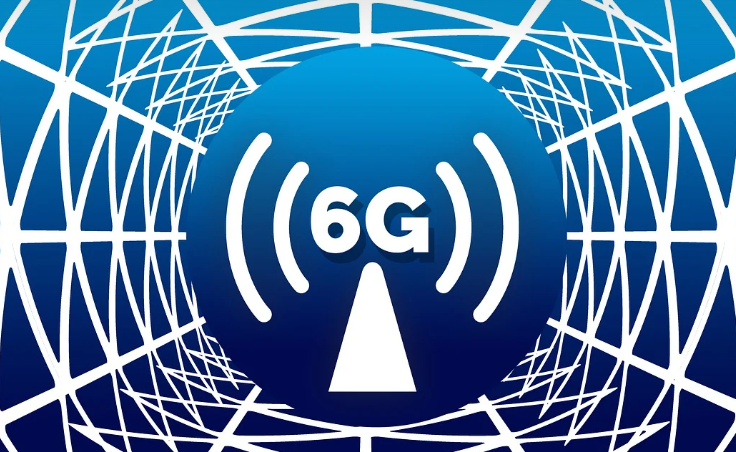
(Photo : pixabay.com)
- India has entered the top league in filing patents related to 6G technology, standing among the top six nations globally.
- The 'Bharat 6G Vision' initiative is currently evaluating 470 proposals on 'Accelerated research on 6G Ecosystem'.
- India is set to host the World Telecom Standardisation Assembly (WTSA2024) for the first time in the 150-year history of the International Telecommunication Union (ITU).
- The Department of Telecommunications (DoT) has launched the WTSA 2024 Outreach Sessions in preparation for this landmark event.
India, a country known for its technological advancements, has once again made its mark on the global stage by entering the top league in filing patents related to 6G technology. This achievement comes on the heels of the nation's successful deployment of 5G technology across the country in record time.
The country now proudly stands among the top six nations globally in 6G patent filings, a testament to its relentless pursuit of technological excellence.
Prime Minister Narendra Modi has envisioned India as a front-line contributor in the design, development, and deployment of 6G technology by 2030. This ambitious vision is being realized under the 'Bharat 6G Vision', a government initiative that is currently evaluating 470 proposals on 'Accelerated research on 6G Ecosystem'.
The Department of Telecommunications (DoT) has also funded two next-generation testbeds to advance 6G research, further demonstrating the government's commitment to this technological leap.
A government-led panel has projected that India can secure a share of 10 per cent of all 6G patents along with one-sixth contributions to global standards in the next three years.
India's 6G Vision and Global Influence
To achieve this, the country has launched various initiatives like 'Bharat 6G Vision' and 'Bharat 6G Alliance', along with a patent and IPR support framework and commissioning of testbeds. These initiatives are designed to foster innovation and encourage research in the field of 6G technology.
Industry experts believe that for India to become a deep-tech leader, the penetration of both wireline and intelligent wireless broadband networks, with reliable connectivity, is critical. This is a key factor in ensuring that the benefits of technological advancements reach every corner of the country, thereby driving inclusive growth.
In a significant development, India is set to host the World Telecom Standardisation Assembly (WTSA2024) for the first time in the 150-year history of the International Telecommunication Union (ITU). The event, scheduled from October 14-24, will see telecom leaders, experts, and academia from more than 190 countries converge in the national capital.
Preparing for the Future: WTSA-2024 and Beyond
The DoT has launched the WTSA 2024 Outreach Sessions in preparation for this landmark event. These outreach sessions, scheduled in Delhi, Hyderabad, and Bengaluru, aim to provide a distinctive platform for students to learn and engage directly with industry experts. This initiative is designed to foster meaningful interactions and knowledge exchange, thereby nurturing the next generation of telecom professionals.
The hosting of WTSA-2024 is seen as an opportunity for India to influence the global telecom agenda as the world prepares for advancements like 6G and beyond. The DoT has set the ball rolling by launching the WTSA 2024 Outreach Sessions, a move that underscores India's readiness to play a leading role in shaping the future of global telecommunications.
As India prepares for the future, it is also gearing up for a Hackathon that will provide a platform for developers to showcase different solutions. This event, along with the WTSA outreach sessions, is expected to stimulate innovation and foster a culture of technological excellence.
India's journey from 5G to 6G technology in telecommunications has been marked by well-placed headways into Artificial Intelligence, Space-Terrestrial Integration, combined communication and sensing in (Sub) Terahertz bands, SoCs, and innovative solutions emanating from Centres of Excellence (CoEs).
These advancements can be further accentuated by participation in and contribution to global standards forums and leveraging of the startups of today. All this and more can be achieved with a robust and much-needed R&D funding mechanism, as stated in the vision document.









